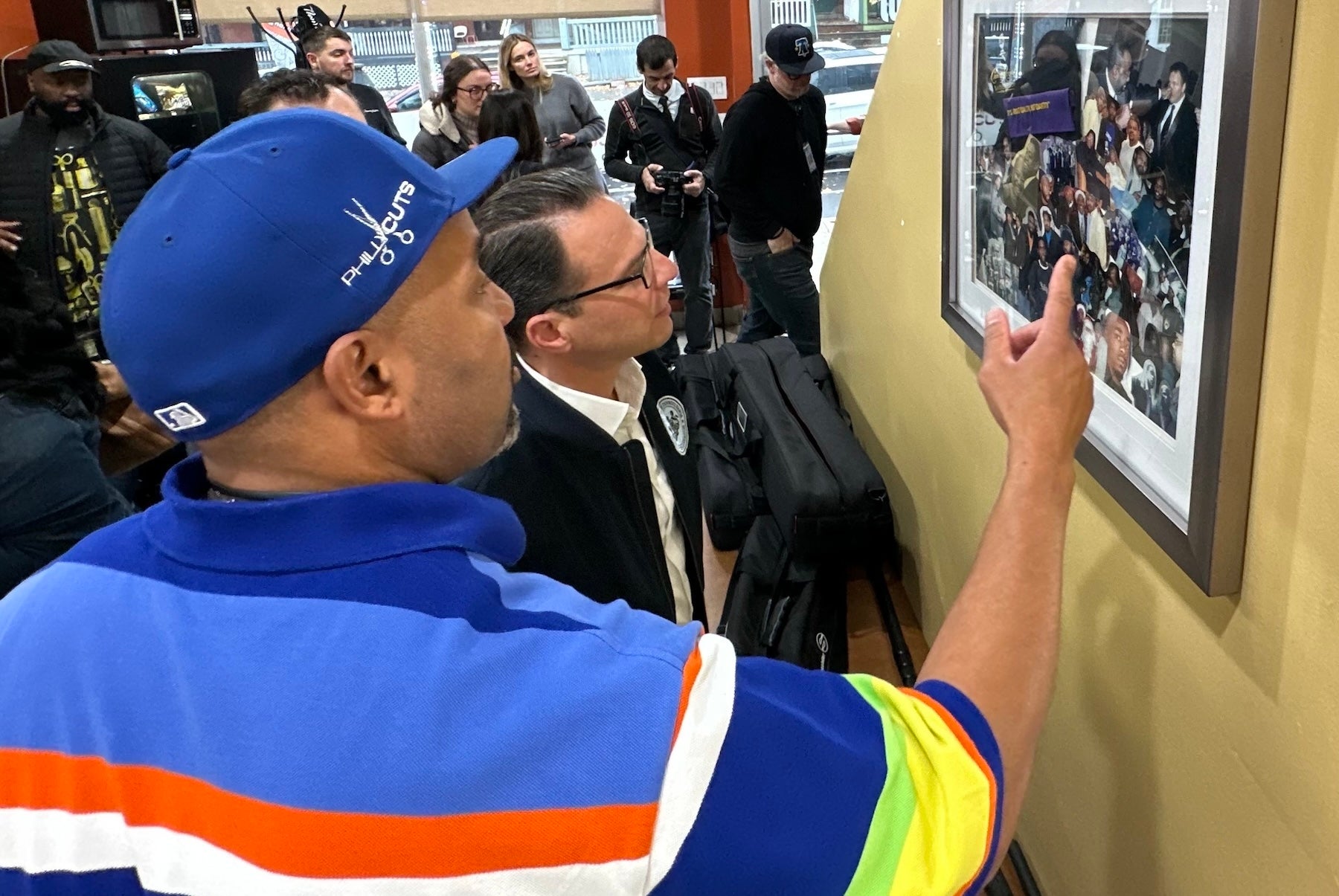Travel
First successful time travel has shocked the world: Science has advanced 1000 years with this invention

One cannot overstate how anyone whose invention is fresh from showing the first time machine would regard the advancement of technologies. In this case, a strong possibility from the world of fiction has been brought to life by physicists who used modern quantum technologies. It shakes those tenets of contemporary scientific thought and suggests that we are a thousand years ahead of normalized technology.
Quantum entanglement is indeed one of those things that are difficult to get across. It refers to two or more particles being interdependent no matter how far apart. When one particle is altered, the other is immediately affected, even if millions of miles of space separate the two. This is such a weird but unquestionable fact that no one disregards at the heart of the finding about time travel. In this experiment, researchers, including physicists from Cambridge University, set up the entangled particles so that it would seem that time had been reversed when they were done with them.
This is not quite how to return an actual person to the past. Still, it does mean that one can manipulate what happens in the time’s precipitating history of particle interaction based on some time after its state. It is mind-boggling to be able to alter decisions or manipulate the results of events that have already occurred – to think of the possibilities in scientific tests, future products, and inventions.
The quantum breakthrough is a giant leap: technology has advanced by 1,000 years ahead of expectations
An engineering marvel of this proportion, why do I feel that we have transported science into a thousand years or more ahead? Because even mind-boggling revolutions became possible when approaching the quantum level of time travel for manipulation. We’re discussing the advancement that could allow humanity to undertake real-time revision of errors, provide design-optimization of tests, and revolutionize information technology.
Considering how quantum computing is in its early days, simulations of time loops appear to be realizable and could enhance an increase in the performance limit or computational power. Some tasks that would have taken years to complete? With the ordinary computers of today, those tasks might be done in minutes or seconds. Furthermore, this finding can also help tackle problems that have troubled physicists for hundreds of years. In this case, the effect of some of these modifications may allow for altering experiment conditions to achieve new results.
Revolutionary impacts of time travel: how healthcare and finance could change forever
Even though it may take more than a handful of years for a few of these developments to be woven into the very fabric of society, the prospects are nothing short of breathtaking. One of the most exciting transformations would take place in the healthcare industry. Imagine making changes in parameters after a wrong diagnosis and reversing it or making an operation more effective in the future. For example, in the financial industry, investors might shift their behavior to the past to manage their decisions more effectively after the fact – which is terrible.
It will not be challenging to predict that the social ramifications of time travel will stimulate conversation all over the globe. Are there situations where individuals and authorities should be allowed to manipulate the past? What will thinkable new regulations be like when time is within the domestic context, a physical item that can be manipulated? This leads to unimaginable discussions concerning ethics, safety, and the existence of time itself.
A new frontier of discovery: what’s next for time travel and science?
However, this success is small fry compared to the achievements that this experiment has in store. While trying to create miracles with quantum physics in future research, we are still at the dawn of a new age of track, not tally. This time-reversing capability has its locus somewhere in the quantum world. Of this, there isn’t reason to doubt that a century from now, people will have devised inventions that look much more advanced than today’s.
This does not imply that there are still tens of thousands of years separating civilization from the creation of machines aimed at the physical return of people back in time; the primary elements appear to have been exceptionally well perceived. However, scientists have crossed quite far with the research that will even prove the probability of time travel as opposed to the current attempts on time simulations. Let’s say that the simulations work only part of the time, as they do in contemporary trials. In that case, the potential success indicates that time, as we in astrophysics think it is, is about to be reshaped.
Toward a new understanding of the universe: the possibilities of manipulating time
When time can be bent or manipulated, it forms a realm of socio-philosophical and scientific ideas. What once was considered the rigid clock is now being transferred by physicists to a more liquid state. Many scientific theories that we may have taken for granted today are thrown away as new quantum experiments take science to untraveled frontiers.
Most believe the more we learn about time travel, the more we will continue to unravel other laws of nature that have remained unexplored for centuries. Even more impressive, such discoveries could reform theories regarding relativity and quantum mechanics into the very beginning of the creation of the world.
A scientific revolution is an attempt at time traveling historically documented for the first time. At this recent stage, though, it could bring about technological and social revolutions, in addition to philosophical ones. Who would have thought that a mere science fiction fantasy to bend the clock to his whim was now becoming reality? The brightest minds in the world are working on the breakthrough, and who knows where next?









